By Richard Campanella
“Be a New Orleanian Wherever You Are.” I was struck when, a few years ago, I first came across Blake Haney’s slogan. Bumper stickers generally don’t provide healthy nourishment for the mind; junk food may be a better analogy. Not this one, though. I found myself thinking about it a lot, and found it loaded with interesting implications. It’s also got some problems. When Blake asked me to share them, I agreed.
To begin, it’s pleasantly pithy, almost lyrical, with a nice cadence. After your mind plays with its seven- and five-beat clauses and begins to deconstruct their connotations, you ponder why the author left completely unexplained what exactly it means to “be a New Orleanian.” Clearly he didn’t think it requires local residency, much less nativity. And he refrained from posting suggestive iconography, such as the familiar silhouette of parasol-twirling second-liners, the clichéd saxophonist leaning against a lamppost, or the more recent imagery of heroic post-Katrina rebuilders. This leaves the slogan wide open for everyone to ascribe their own meaning and take personal ownership of the results. Thus it manages to appeal to the full cultural and political spectrum without offending anyone— a rarity nowadays. A churchgoer in Gentilly, a hipster in Holy Cross, a conservative in Carrollton, a liberal in the Lower Garden District, old folks, young folks, rich, poor, black, white, natives, transplants—all can read the slogan, say “yeah, that’s me,” and walk away a little prouder. Nice.
Yet while the slogan accommodates varied interpretations, we do nevertheless have a sense of where its author intended to steer us. “Being a New Orleanian,” I suspect, means tolerance, open-mindedness, and making peace with the differences that divide us. It implies indulging in the pleasures of life here and now and not worrying too much about the unknowable tomorrows. It means narrowing the gap between who you say you are and who you really are. It’s dancing in the street without feeling self-conscious, greeting strangers without a sense of threat, enjoying good food and libations without feeling profligate, and being at once stylish, friendly, laid back, and zesty. It’s the tout ensemble of laissez faire plus carpe diem with a little joie de vivre thrown in as lagniappe. I have to borrow words from other languages to express (rather wretchedly) what it means to be a New Orleanian.
The slogan also touches upon a recurring theme in thinking about New Orleans: that something different happens here. How many times have you heard, or exclaimed yourself, that New Orleans is unique—and that, by extension, so are New Orleanians? Observers have noted a certain exceptional nature here since the eighteenth century, and cast it either as a condemnation, an explanation, or a boast. Whether the ancient assessment remains true today is the topic of another discussion; what’s relevant here is that our slogan depends not only on viewing this place and culture as unique, but as uniquely positive and appealing in a way worth emulating. To see what I mean, try mulling “Be a Nebraskan Wherever You Are.” It doesn’t work, because there is zero public discourse contending that Nebraska and Nebraskans are unique. Now try “Be a New Yorker Wherever You Are.” That doesn’t work either—not because people don’t think New Yorkers are unique, but because they think they are uniquely rude and aggressive. “Be a San Franciscan Wherever You Are”? Now that sounds a little more credible. “Be a New Orleanian Wherever You Are”? Yeah, you right. Unique and uniquely positive.
Now the problems.
If being a New Orleanian means exhibiting a certain spunky spontaneity, then why must New Orleanians be instructed, or even encouraged, to so be? Shouldn’t it happen, well, spontaneously? “Being New Orleanian” does not bear self-awareness well; like eccentricity, those who try to possess cannot, because the very fact that they are trying proves them to be calculating, manipulative, and anything but eccentric. The same can be said about the comparable “Keep Austin Weird:” a bona fide weirdo would never think to issue such advice, much less follow it. “If you seek authenticity for authenticity’s sake,” Sartre once said, “you are no longer authentic.” I’m inclined to suggest that folks just be themselves, and let the chips fall where they may. If Austin is really weird, it will keep that way. And if being a New Orleanian really means something, it will become self-evident.
Another problem entails the “wherever you are” part of the slogan. This clause detaches the cultural characteristics we’ve ascribed to New Orleanians from the physical breadth and historical depth of the city. It severs them from their informing sources and nourishing tap roots. The heat, the humidity, the live oaks, the termite-infested shotgun houses, the storms, the tragedies, the triumphs, the collective memory: all are now declared to be optional ingredients in the rendering of New Orleanians. The clause reduces local culture to a conveniently portable lifestyle choice than can be affixed like a bumper sticker and driven to higher, safer latitudes. It presumes that the actual city has finished evolving and is no longer capable of reinventing itself in the future, or of rethinking its past. It de-localizes local culture and unleashes it globally, and in the process inadvertently insinuates that New Orleans may not be as sui generis as we supposed. And it naively pretends that all is well among New Orleanians, that there are no problematic traits not worth exporting.
So then why do I love the slogan so much?
Because it’s aspirational. It’s inspirational. It’s earnest and positive and sees the best in New Orleanians and wants to share it with those less fortunate who do not or cannot live here. It’s worth noting that Blake coined the slogan while in post-Katrina exile, (I presume) to encourage the diaspora to keep lit the cultural flame while we get our house in order. The slogan caught on when it became apparent that thousands of New Orleanians would have to bid farewell to their nearly drowned city, and wistfully needed assurance that their farewell was not forever.
And perhaps that’s what I find most comforting about the slogan, as I sit in my Hurricane Isaac- darkened shotgun house exactly seven years after Katrina. It braces us against our deepest fear—that New Orleans may someday drown permanently—by gently offering the solace that its graces and gifts to the world will live on in future generations, immortally, wherever they are.

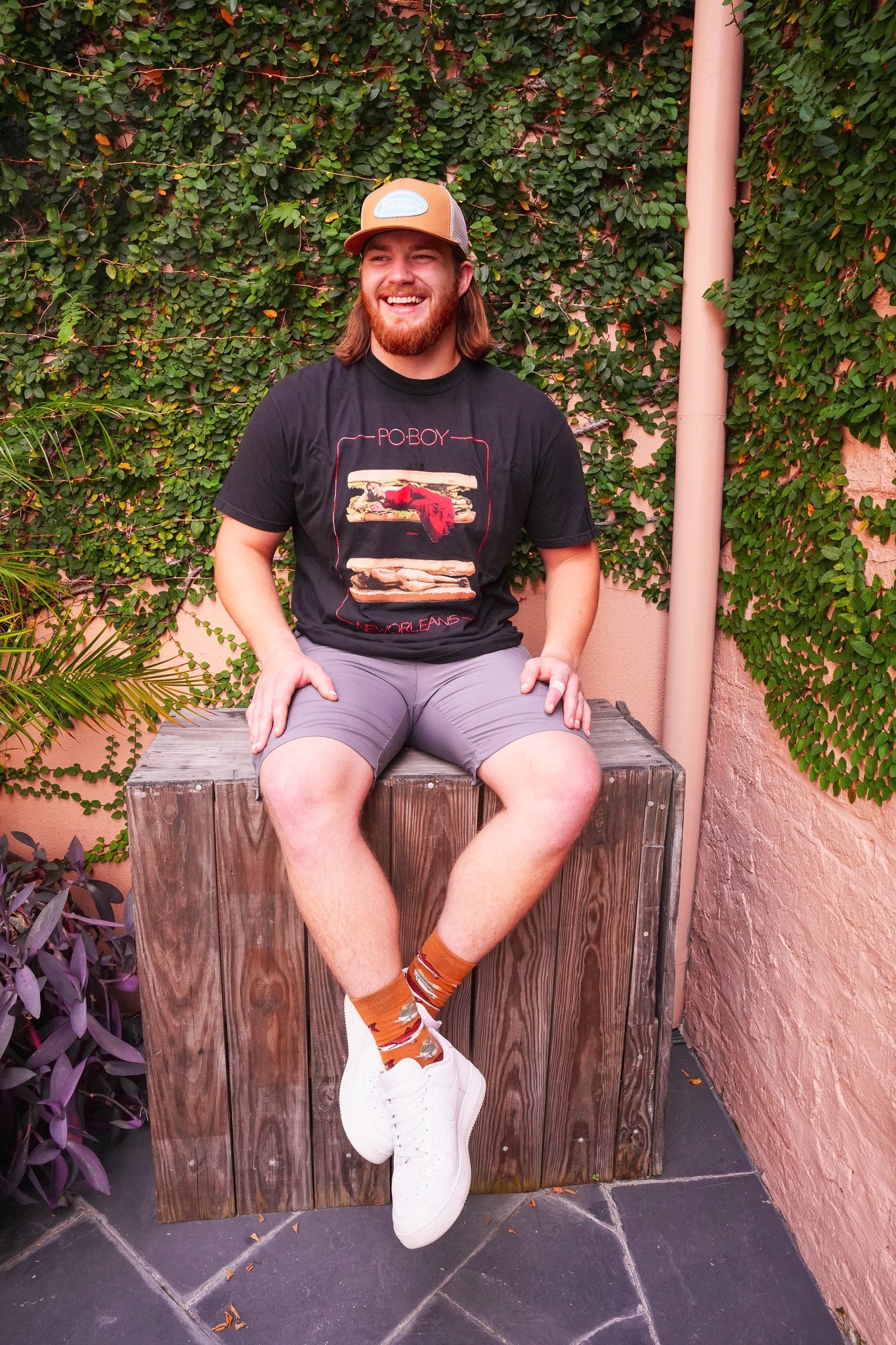
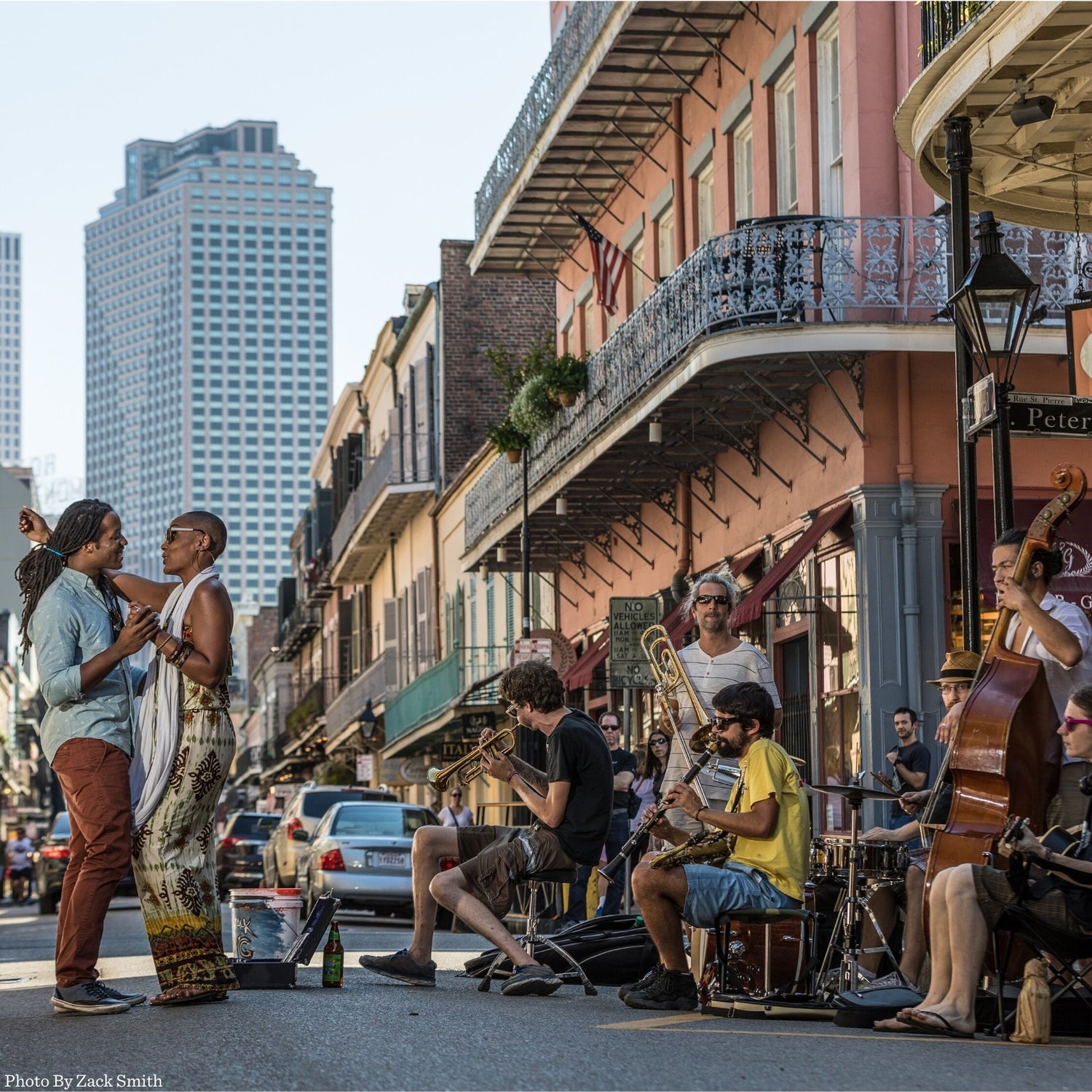
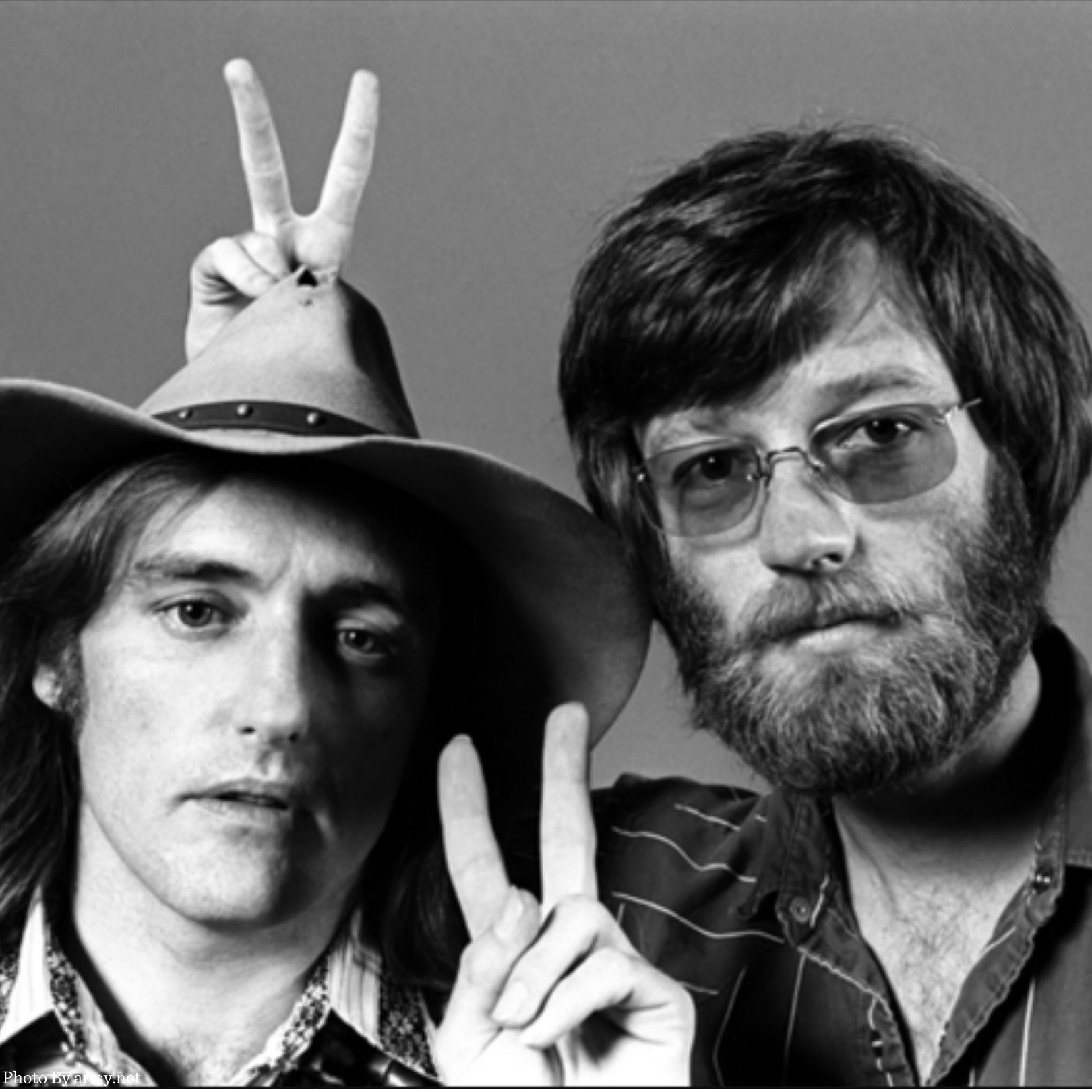
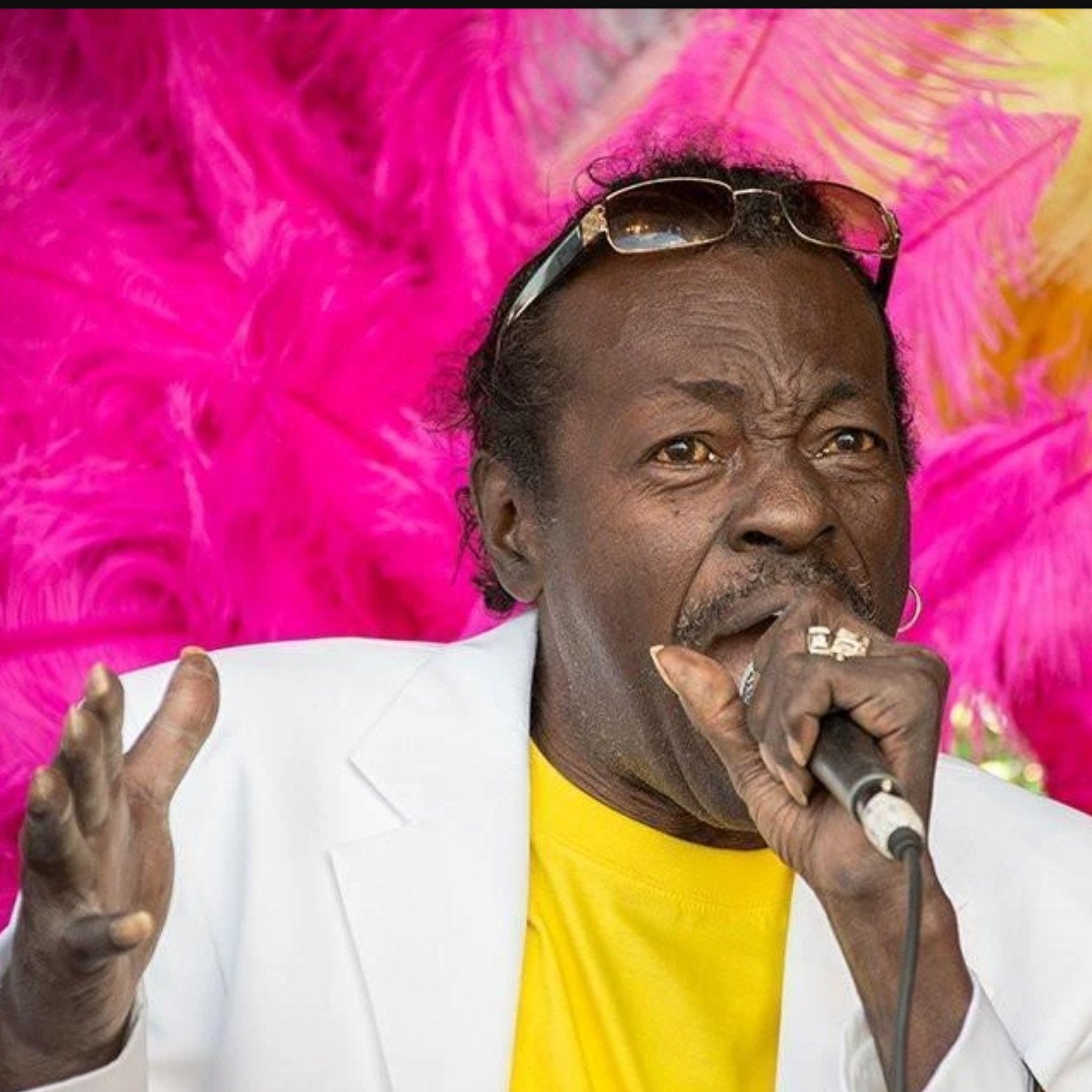
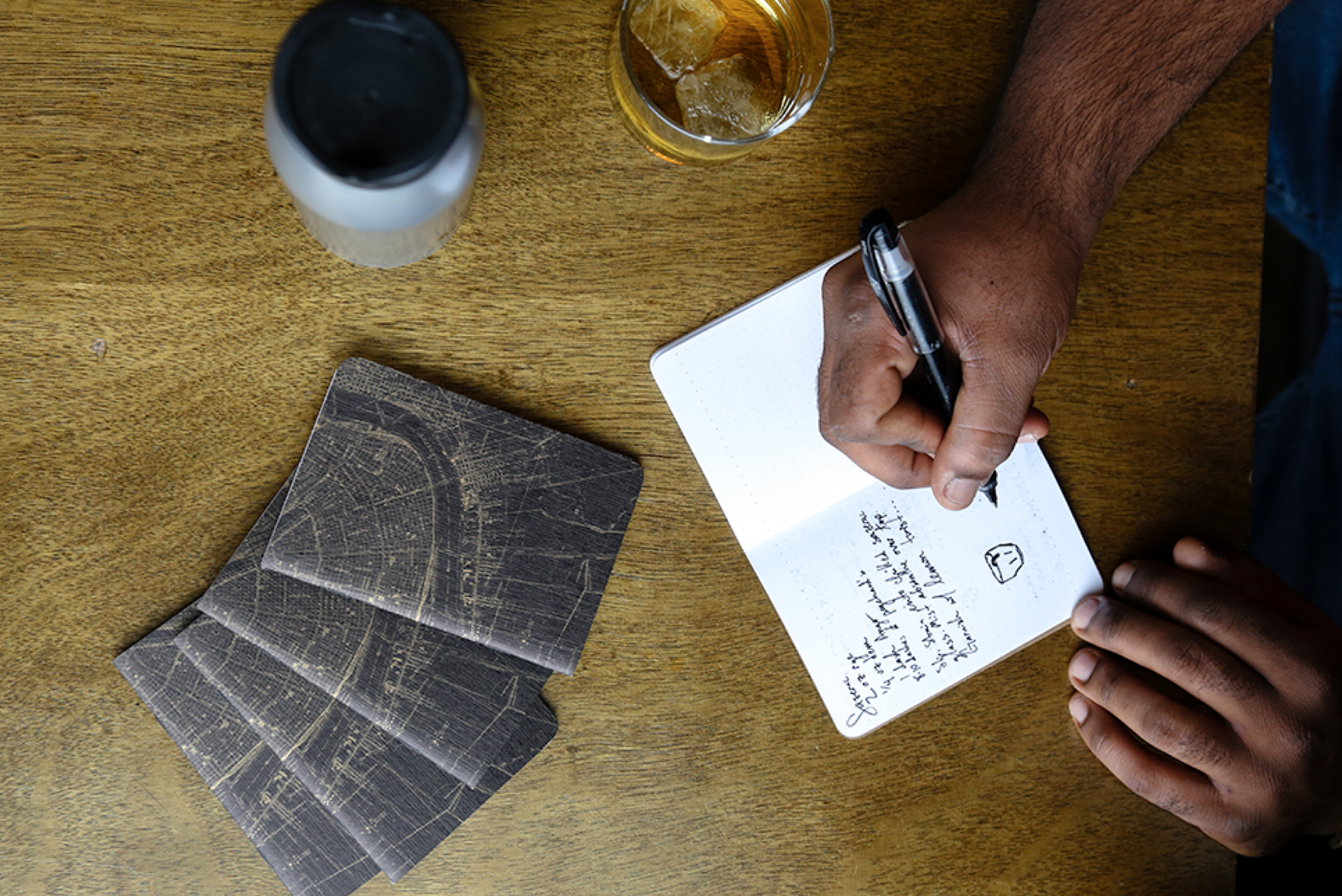
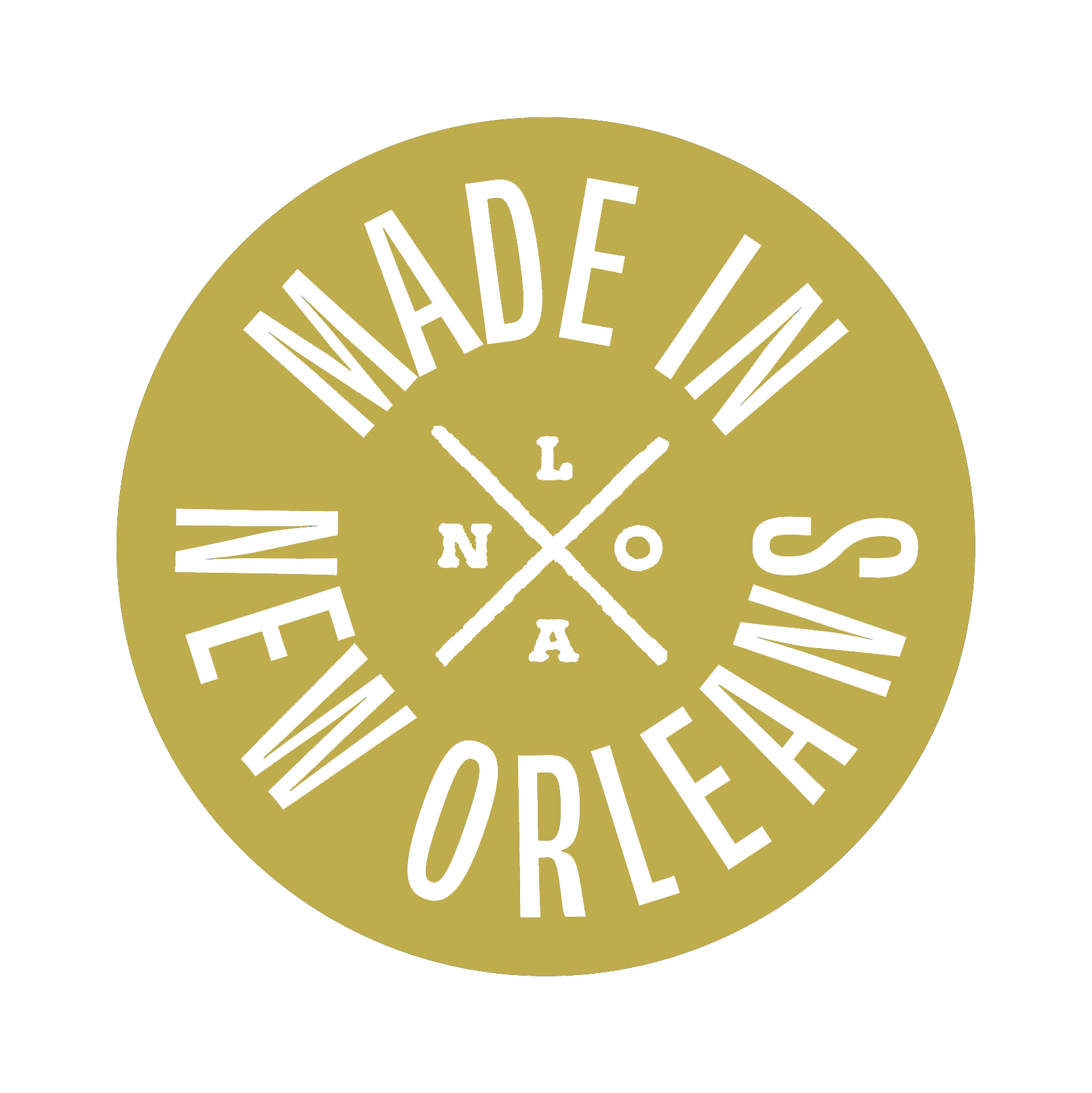



2 comments
Mike
What L. Clare Johnson said!
L. Clare Johnson
I love this slogan. To me it means, I take the spirit of the city and the people with me and that hopefully one day I will be able to move home.
Leave a comment
All comments are moderated before being published.
This site is protected by reCAPTCHA and the Google Privacy Policy and Terms of Service apply.